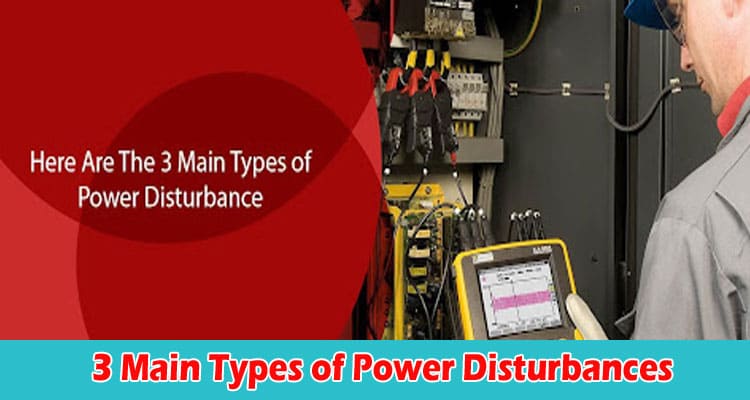For the most part, we believe that people only ever encounter power surges and spikes. In case you weren’t aware, other power disturbances are much worse than these two.
Nobody enjoys power outages, especially because they can wreak havoc on your devices and appliances. Blackouts or power outages can very easily result in serious issues in your house.
So, what precisely happens to your PC during a power outage? We’ll use a lightning strike as an example, even though it’s only one of the numerous factors that can cause a power failure.
Lightning strikes most frequently cause power disturbances when they strike a transformer nearby. If the power surge is big enough, it can travel instantly across wirings, phone lines, networks, and other systems, with the electrical force of a tidal wave.
The surge is transmitted to a computer via your phone line or a power outlet. Typically, the first victim is a motherboard or modem. The next casualty is a chip, and when they fail, all of your data is lost.
When there is a surge in voltage, utility companies normally unplug the entire grid. This will result in blackouts and brownouts. In fact, there’s a danger that your hard drive could crash indefinitely if the power gets too low or simply goes out.
Today, in this article, we’ll discuss a few of the various power interruptions and their causes.
Power Outage
A power outage occurs when there is a loss of power, which is frequently brought on by an issue with your power source or the infrastructure as a whole, like a downed power line. Your devices, especially laptops, are typically at risk during power outages.
Even modem PCs have a high likelihood of experiencing data loss during a power outage. Basically, a powerful outage will fry the hard disc, which will result in the loss of all data on your computer.
But older computers might suffer from more than just data loss. Naturally, these computers aren’t as reliable as those in use today. To put it another way, an electrical outage on an older computer might affect the speed, in addition to corrupting data.
However, you can rest assured that even in the most severe power outages, hardware damage is rare unless it is accompanied by power surges.
Power Surge
Power surges are the most prevalent type of power disturbance, and you may not even notice them most of the time. When there is a voltage increase that exceeds the specified amount of power, power surges occur.
Power surges are typically generated by fluctuations in power and interruptions in the electrical draw, which further involves the demand for other electronics that frequently share the same power supply.
A high-powered electrical motor, such as an air conditioner or other comparable appliance, can potentially cause power surges in your home. Therefore, when this particular piece of equipment is turned off, the additional voltage is released into the power line.
Anything above that voltage will stress computers and other vulnerable electronics, which could lead to early failure. Computers and other sensitive electronics are specifically made to withstand a specified voltage.
Power Spike
The term “impulse” can also refer to a power spike. In other words, it’s a brief, unexpected significant rise in voltage that can occasionally reach thousands of volts. Compared to power surges, power spikes are far more severe and primarily impact electronics and computers.
Power spikes are often brought on by extreme electrical occurrences including short circuits, lightning strikes, electromagnetic pulses (EMPs), static discharge, tripped breakers, and a few other types of power supply problems.
Any sensitive equipment that is connected during power spikes is at great risk, including your PCs. Data might be misplaced or corrupted. Additionally, it gradually harms your devices, lowering their performance over time and shortening their lifespan.
The answer is the same as what you would do to stop a power surge from breaking your devices: buy a surge protector, get an uninterrupted power supply (UPS), or purchase a protection plan that pays for the breakage of your equipment.
All in All
The three most typical electrical disturbances that occur in a home are power outages, surges, and spikes. Of course, there are other types of power disturbances, such as blackouts and noise, but they happen less often than the ones stated above.
The best alternative is to get a surge protector, but the simplest way to prevent a power fluctuation from harming your equipment is to just unplug them when you notice one. Before you select the type of protection plan you need, first consider your needs and the power outages in your neighborhood.
You can always search online for a surge protector, as long as you are connected to a reliable internet connection such as Spectrum. If not, you can always call on Numero de Spectrum or simply head out to www.buytvinternetphone.com/spectrum/es/servicio-al-cliente to know more about their plans.







